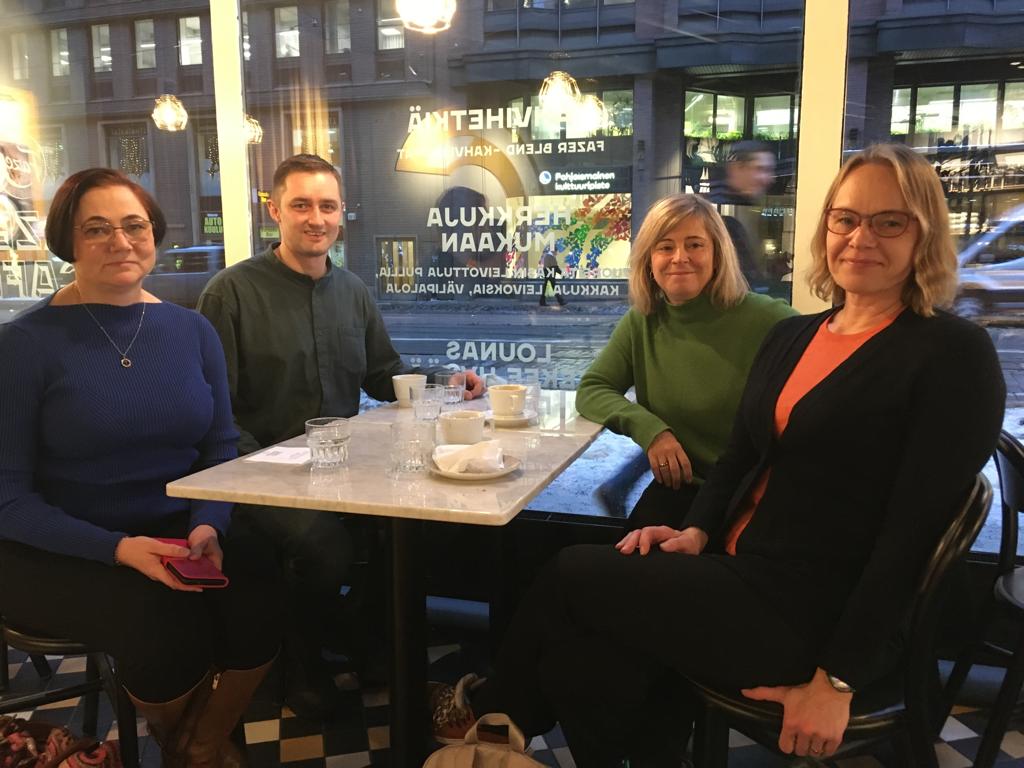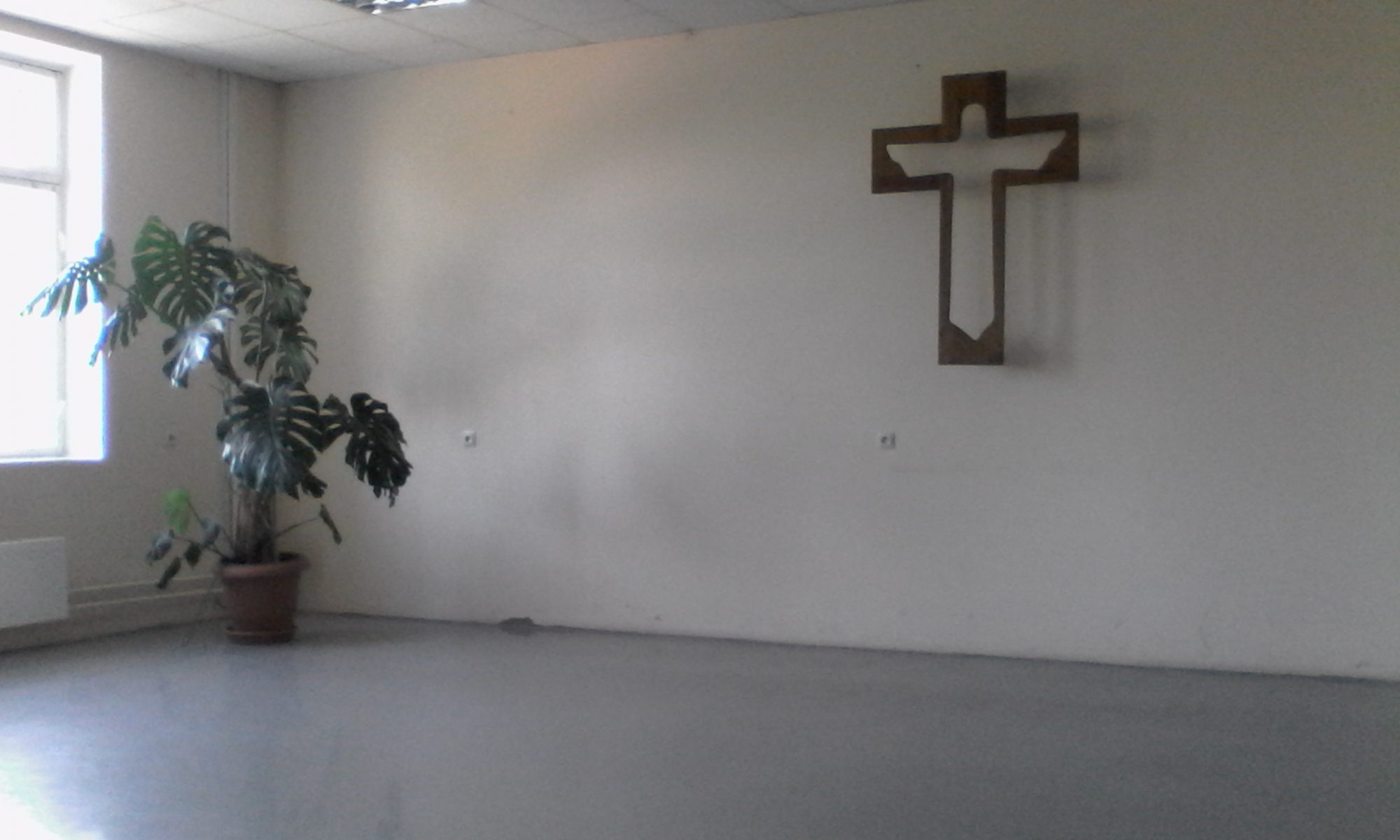Welcome to the webpage of the “Blind Spot Religion” research group at the University of Helsinki!

Our Working group is an interdisciplinary project team working in Anthropology, Theology, and Contemporary Church History from the Faculty of Social Science, Faculty of Arts, and Faculty of Theology at the University of Helsinki.
Christianity has been a historically anchored and recognized social and cultural actor in the Finnish society. Until recently, it seemed unthinkable that it could pose a threat to Finnish democracy. However, at least since the Russian occupation of Crimea in 2014, divisive and polarizing movements have emerged within Finnish Christianity. These developments usually go unnoticed by the public because the Finnish society has been rapidly secularized in the recent decades (Äystö et al. 2022). This has led to the fact that religion has been perceived less of a social force. Consequently, the potential of religion to delegitimize democracy is underestimated in the political culture.
The project of our interdisciplinary working group “Blind Spot Religion” addresses this gap. Using selected case studies, it examines the complex interplay between the effects of Russian foreign policy since 2014 and the emergence of new, democracy-endangering fields of conflict in contemporary Christianity in Finland. This includes, on the one hand, currently developing symbioses between Christianity, religious nationalism, and anti-Western ethical and political attitudes. On the other hand, we analyze new conflicts that arise in dealing with and living together with Ukrainian refugees and Russian immigrants in Finland. What kind of dynamics and transformations are taking place? How do religious actors react to these developments and how do they interpret them religiously? Which religious self-expressions should political education address in a preventive way?
Our working group will use an interdisciplinary approach and methods of anthropology, social studies, and contemporary history. Our analysis will take place on three interrelated levels: 1) thorough analysis of case studies, 2) discussion on the results with experts on functional aspects of religion who can assess our case studies in the context of democracy, 3) a dialogue with respective practitioners.
